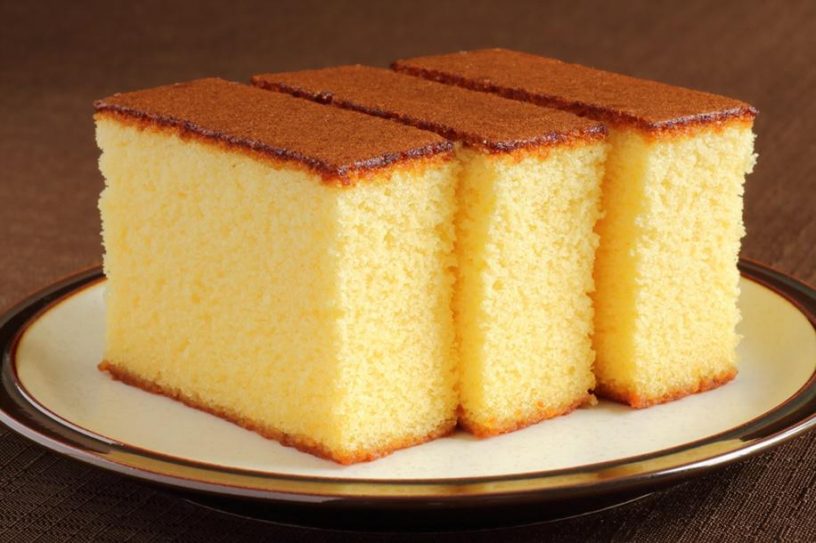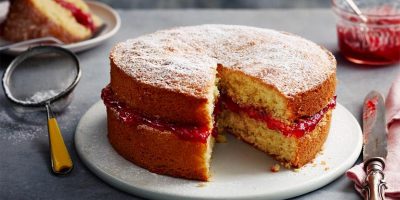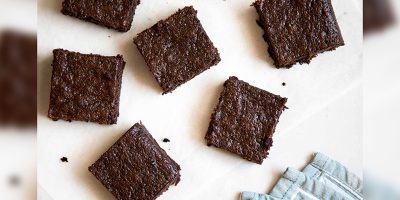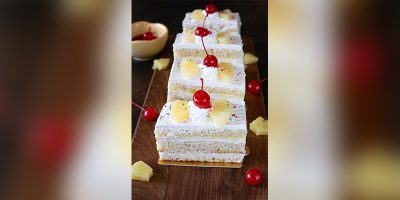Baking a perfect cake is an art. And it takes practice & a lot of practice to attain perfection!
Many new bakers look for answers to queries like how to make a cake fluffy. Although it requires not too many ingredients, blending them perfectly and in precise quantities is indispensable to baking a delicious cake.
But in order to make your cake stand out, there are certain baking techniques to help you bake an amazingly spongy cake. And the baking tips we will share with you will perfectly answer your queries on ‘how to make fluffy cake’ and how to bake a moist cake. With these 9 baking tips to make cake spongy, your next cake is sure to blow everyone’s mind away with its impeccable taste. You may have the best fluffy cake recipe with you that you will be following, but the tips that we are sharing should not be missed to achieve baking perfection.
How to Make Cake Spongy, Soft, Moist, and Fluffy?
Baking a perfect cake is all about technique and precision. If you’ve ever wondered how to make a cake soft or what makes a cake moist and fluffy, the secret lies in using the right methods. A light and airy texture comes from creaming butter and sugar properly, while sifting dry ingredients ensures a fine, lump-free batter.
Incorporating buttermilk or an alternative acidic ingredient helps break down gluten, making the cake tender. Beating eggs gradually and folding in the flour gently helps maintain air in the batter, which is essential for how to make cakes light and fluffy. The correct oven temperature also plays a vital role—baking at the right heat prevents over-drying.
To retain moisture, using sugar syrup can be a game-changer, keeping your cake soft even after frosting. Additionally, choosing cake flour instead of all-purpose flour results in a finer, more delicate crumb. By following these expert techniques, you’ll no longer have to wonder how to make cake spongy. With the right approach, you can bake a perfectly moist, fluffy, and delicious cake every time, ensuring a delightful treat for all to enjoy!
1. Ensure The Temperature Is Correct
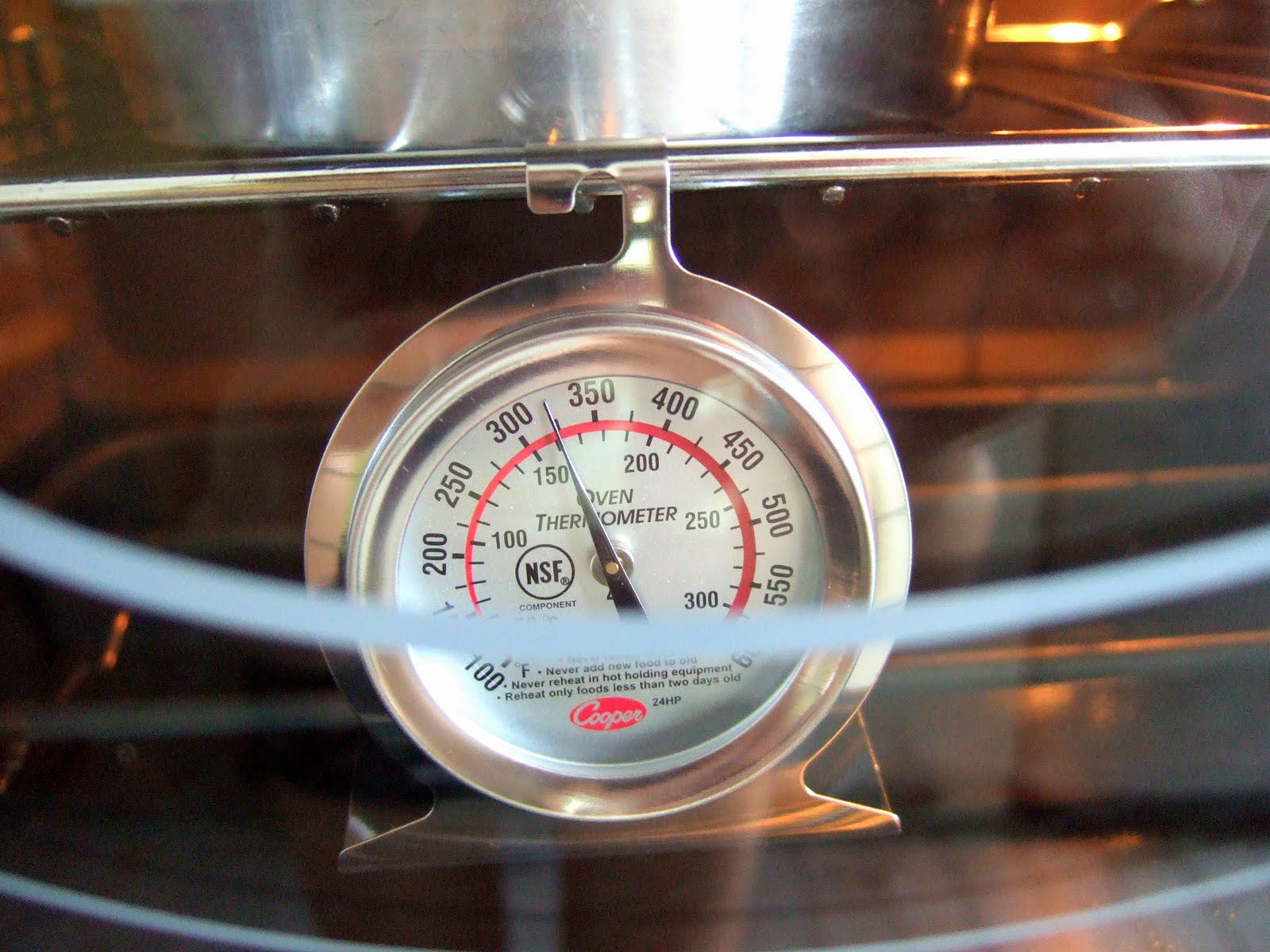

In order to make the cake spongy, the correct temperature of each ingredient plays an important role. The flour and eggs should be at room temperature, while the butter should be warm. Achieving the right temperature ensures that the ingredients blend harmoniously, resulting in a moist and tender cake that melts in your mouth. So, pay attention to the temperature and create irresistible soft cakes that will be loved by everyone.
2. Fold The Flour Carefully
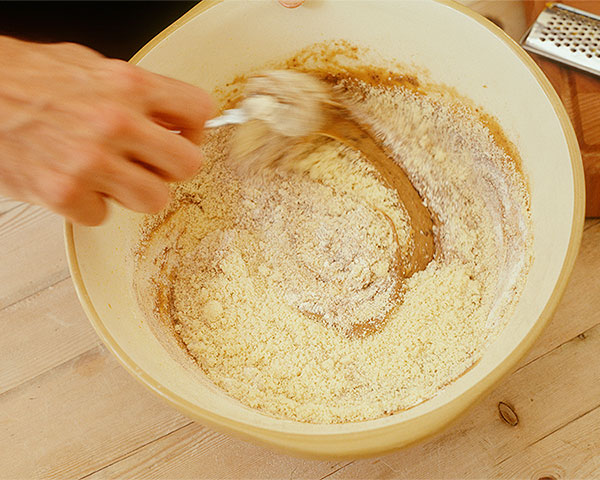

Fold The Flour Carefully – While you fold the mixture, make figure 8 in motion. For a super spongy cake, you need to be sure that you do not over-mix the cake as it would kill the bubbles and make the cake hard. The key is to gently incorporate the flour into the batter, maintaining its lightness and airiness. This delicate folding technique will result in a moist and fluffy cake that will leave everyone craving for another slice.
3. Use Buttermilk As A Substitute
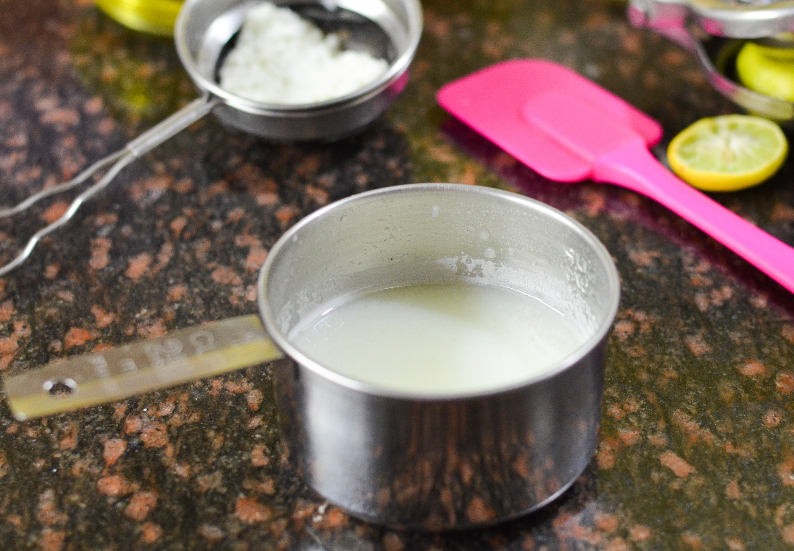

Due to the high acidic content in the buttermilk, the cake becomes softer as buttermilk breaks down gluten in the flour. If you are using buttermilk in a recipe that does not use baking soda, it is advisable to add a little bit of baking soda along with buttermilk too. This simple substitution not only enhances the flavour but also ensures irresistibly soft cakes that will leave everyone wanting more.
4. The Right Flour
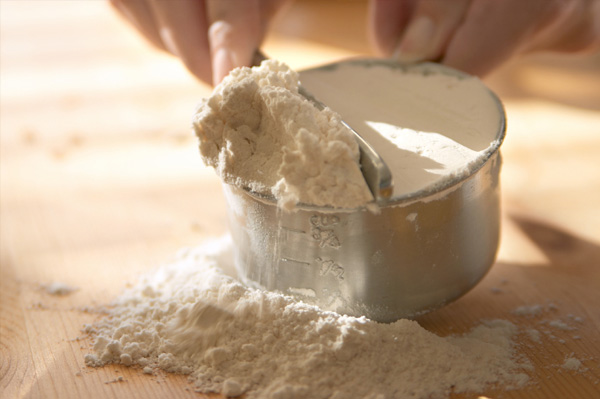

Cakes that have specifically cake flour are much lighter and fluffier than the cakes that have all-purpose flour. Cake flour has corn starch mixed in it, which makes the cake spongy.
5. Do The Sifting
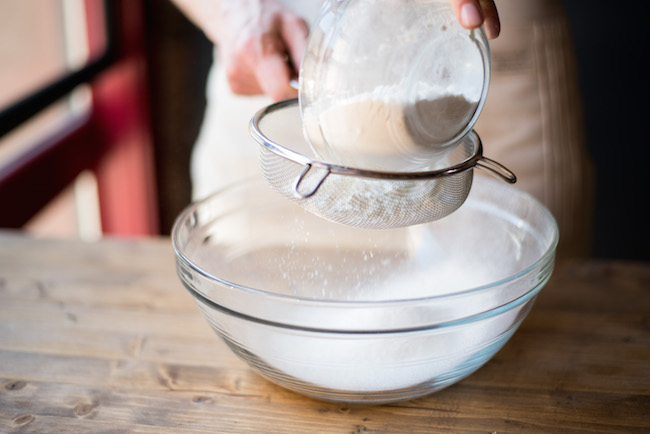

Sifting adds air and makes the mixture lighter. Therefore, it is advisable to sift the flour and baking soda before adding them to the mixture if you need a make your cake spongy and super fluffy. Achieving soft cakes is all about attention to detail, and a simple step like sifting can make a significant difference in the texture and overall quality of your baked goods.
Also Read: Essential Baking Tips To Bake the Perfect Cake
6. Beat The Eggs Slowly
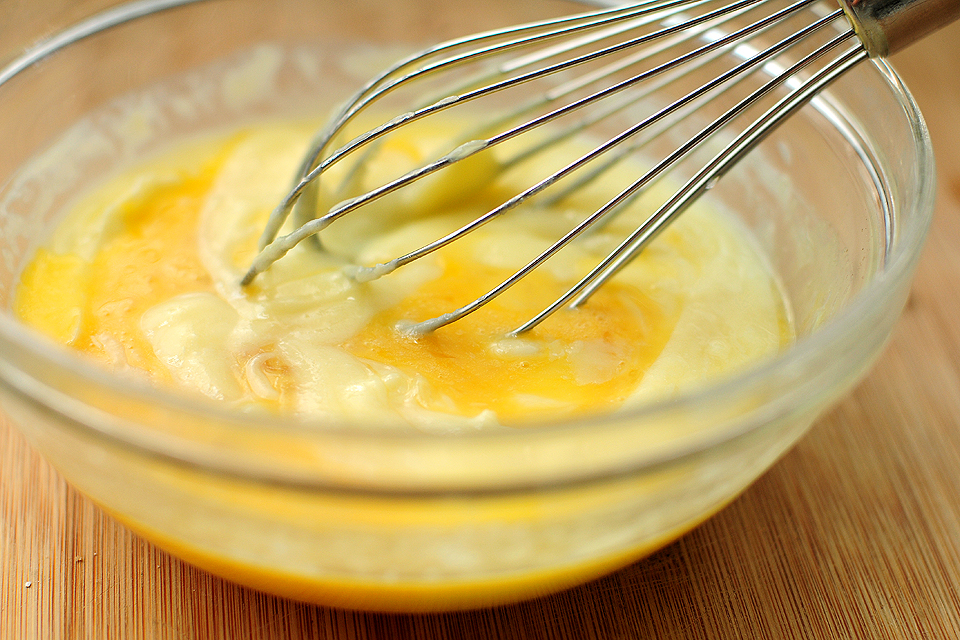

Beating the eggs in the wrong way may cause the cake to become heavier. The right way is to add 1/3rd of the egg into the butter-sugar mixture and beat the same with an electronic mixer. Follow the procedure with the remaining mixture until it looks slimy.
7. Sugar Syrup To Your Rescue
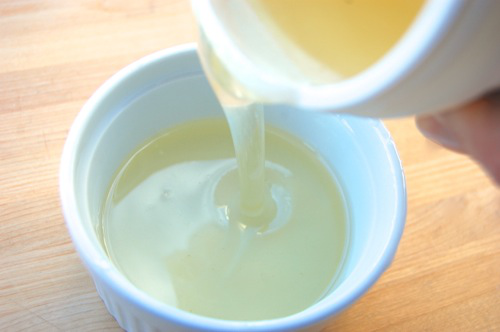

If you feel storing or frosting the cake would dry it out, adding sugar syrup is a great tip to make the cake spongy. All you need to do is pour or spray the syrup over the cake slices before frosting it.
Also Read: How Does Temperature of Ingredients Affect Baking
8. The Right Time To Frost
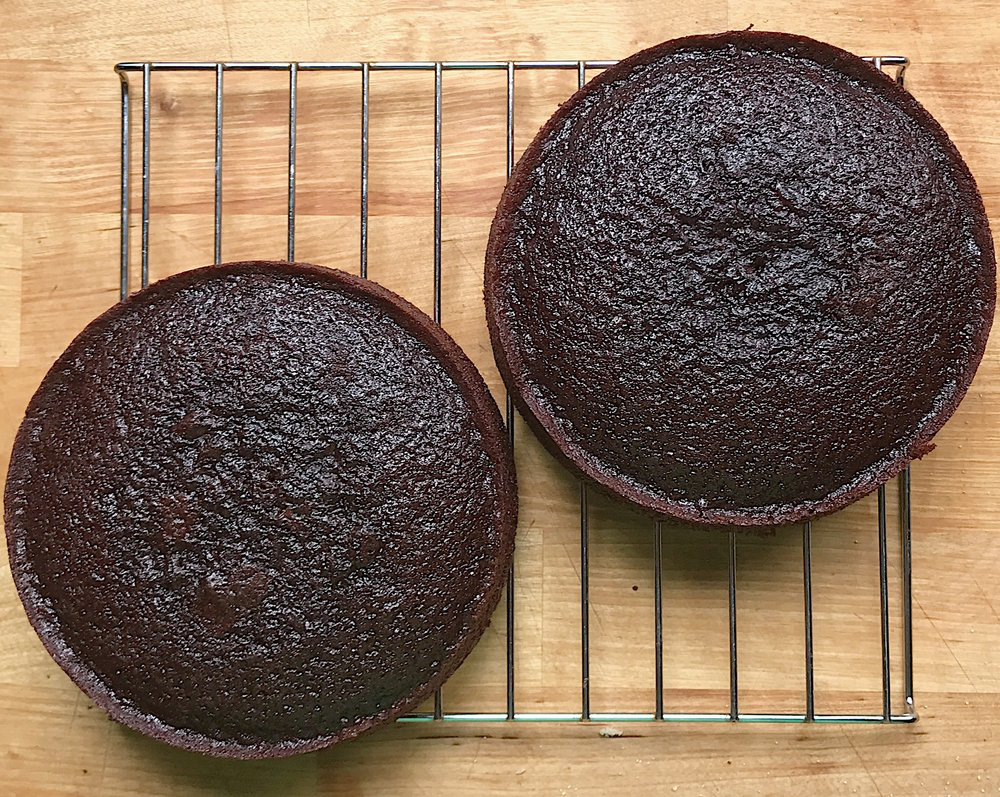

Know there’s always a right time to frost the cake. One important tip to make the cake spongy is to let the cake set and cool completely before frosting and slicing it. This allows the flavors to meld together and the cake to achieve its ideal texture. The cooling process helps the cake to firm up, creating a stable base for the frosting. By practising patience and giving the cake ample time to cool, you’ll be rewarded with a moist and fluffy cake that is a delight to both the eyes and the taste buds.
9. Creaming Butter & Sugar
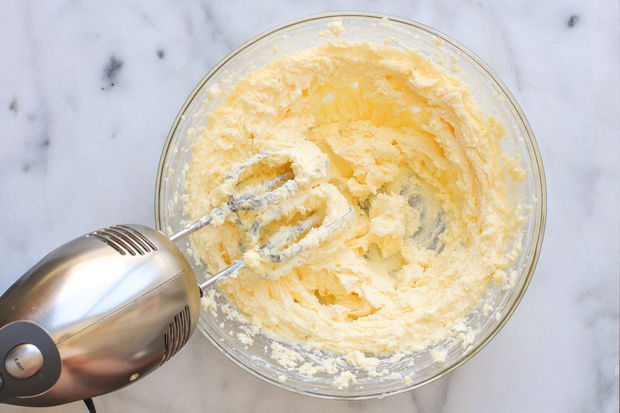

Whisking butter and sugar together is one essential tip to make the cake spongy, fluffy and moist. Whisk butter and sugar for a long until the mixture becomes pale yellow and fluffy because of the incorporation of air. The process is known as creaming.
As cake lovers like you, we always try to help the bakers so that every sweet tooth can enjoy the best cake. We are always ready to answer queries like:
Why is my cake not spongy?
A cake may not be spongy due to:
What makes the cake soft and spongy?
A soft and spongy cake is achieved through:
This 9-tip guide on how to make fluffy cake is curated after compiling the knowledge of expert bakers and presented in an easy-to-follow form. So, along with your moist and fluffy cake recipe, ensure to incorporate the tips that are discussed above.

